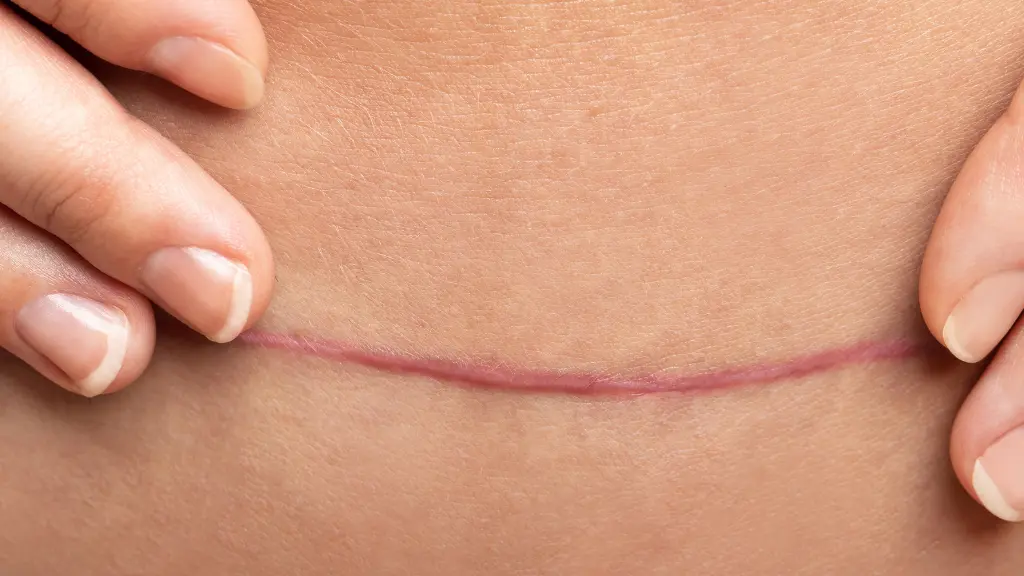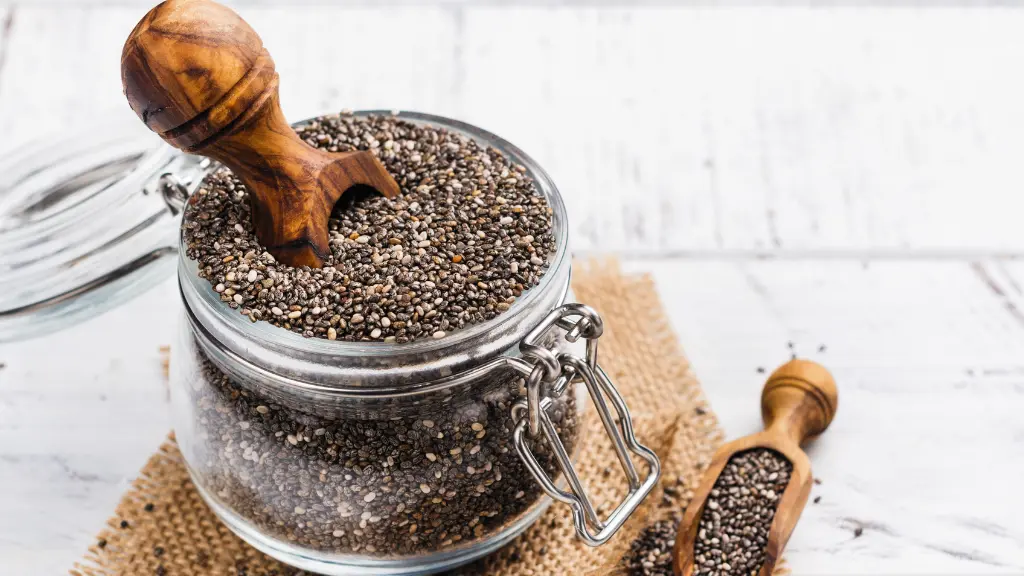If you’ve recently had a C-section (cesarean section) or are even years post-surgery, you might notice sensations around your scar that range from itching and discomfort to pain or even unusual smells. While C-section scars usually heal well with time, complications can arise during the healing process, making your scar a source of concern. These issues can include tenderness, itching, and, in more severe cases, a foul odor.
In this blog post, we’ll explore the common reasons why C-section scars can be painful, itchy, and sometimes smelly. We’ll also cover the steps you can take to manage these symptoms and ensure proper healing.
You May Also Like: Is Green Tea Really ‘Nature’s Ozempic’? Unpacking the Health Hype
What is a C-Section Scar?
A C-section involves an incision through the abdomen and uterus to deliver a baby, typically leaving a horizontal scar just above the bikini line. This type of incision, while effective for surgery, takes time to heal. As the body repairs itself, the area around the incision may go through different phases of healing, leading to sensations like itching, pain, or discomfort.
Most women heal without complications, but for some, the recovery process may be more complex, with lingering symptoms.
Why is My C-Section Scar Painful?
Experiencing pain at the site of your C-section scar can happen immediately after surgery or months down the road. Here are some common causes:
- Normal Healing Process: Pain at the incision site is expected in the first few weeks after surgery. The layers of skin, muscle, and nerves that were cut during the procedure need time to heal. Mild discomfort and sensitivity as the nerves repair themselves are common.
- Nerve Damage or Entrapment: During a C-section, small nerves may be cut or damaged, leading to nerve pain around the incision site. This can feel sharp or like a burning sensation. Some women experience long-term nerve pain if these nerves become entrapped in scar tissue as the wound heals.
- Scar Tissue Formation (Adhesions): Scar tissue, or adhesions, can develop internally, binding the layers of tissue together. This can lead to pain, particularly during movement, sexual activity, or even during menstruation, as the scar pulls on surrounding muscles or organs.
- Infection: In some cases, pain could be a sign of infection, particularly if the scar becomes red, swollen, or warm to the touch. If you experience increasing pain accompanied by fever or other signs of infection, you should seek medical advice immediately.
- Hernia: Although rare, some women may develop a hernia at the incision site if the abdominal muscles don’t heal properly. This can cause ongoing discomfort and pain.
Why is My C-Section Scar Itchy?
Itching around the C-section scar is common, especially in the first few weeks as the incision heals. Itching can also occur later in the recovery process as scar tissue forms. Here’s why:
- Healing Skin: As the skin repairs itself, nerve endings in the area are stimulated, which can lead to itching. It’s a sign that the wound is healing, but it can be frustrating nonetheless.
- Scar Formation: When scars develop, the skin often becomes tight, dry, or overly sensitive, leading to itchiness. The buildup of collagen in the scar tissue can make the skin feel irritated or itchy as it regenerates.
- Allergic Reaction: Occasionally, itching around the scar may be caused by an allergic reaction to surgical tape, stitches, or other materials used during the C-section. Using hypoallergenic skin care products and materials can reduce irritation.
- Dry Skin: Postpartum changes in the body can sometimes lead to dry skin, making the area around the scar more prone to itching. Moisturizing the area can help alleviate this discomfort.
Why Does My C-Section Scar Smell?
A foul odor coming from your C-section scar is typically a sign that something isn’t right. Here are a few possible causes of a smelly scar:
- Infection: If the area around your scar smells unpleasant, it could be due to an infection. Symptoms of an infected scar can include redness, warmth, swelling, and discharge (which may also have an odor). Infected scars can also cause a fever or chills and should be treated by a doctor promptly.
- Trapped Sweat or Moisture: The area around the C-section scar can trap sweat, especially if it folds over or if you’ve been wearing tight clothing. This can create an environment where bacteria can thrive, leading to an unpleasant smell. Keeping the area clean and dry is crucial to preventing this issue.
- Poor Hygiene: During the postpartum recovery period, it’s important to keep the area clean to avoid any buildup of bacteria that could lead to infection or foul odors. Showering regularly and using gentle, non-irritating soaps can help keep the area free of sweat and bacteria.
- Necrosis: In very rare cases, some tissue around the scar may not heal properly, leading to necrosis (tissue death). This can cause an unpleasant smell as the dead tissue begins to break down. If you suspect necrosis, it’s important to consult a healthcare professional for proper treatment.
How to Care for Your C-Section Scar
Proper care is key to preventing complications like pain, itching, and infections. Here are some tips for taking care of your C-section scar:
- Keep the Area Clean: Gently clean the area around your scar daily with mild soap and water. Avoid scrubbing the scar directly, as this can irritate the skin. Pat the area dry with a clean towel to prevent moisture buildup.
- Apply Moisturizer: Once the incision has closed, applying a gentle, fragrance-free moisturizer can help prevent itching by keeping the skin hydrated. This is especially helpful if your skin feels tight or dry around the scar.
- Avoid Tight Clothing: Wearing loose, breathable clothing can help prevent irritation, keep the area dry, and reduce the risk of infection.
- Don’t Scratch: While it can be tempting to scratch your itchy scar, doing so can delay healing and increase the risk of infection. Try applying a cool compress or anti-itch cream approved by your doctor to soothe the itching.
- Watch for Signs of Infection: Pay attention to any changes in your scar, such as increased redness, swelling, pain, or discharge. If you notice any of these symptoms, it’s important to see a doctor right away.
- Consider Scar Massage: Once your doctor has cleared you, gentle scar massage can help reduce adhesions, improve circulation, and decrease pain. This can also promote smoother healing and reduce the formation of raised scar tissue.
- Use Sunscreen: If your scar is exposed to the sun, be sure to apply sunscreen to the area. UV rays can darken the scar, making it more noticeable.
- Consult a Doctor if Necessary: If you’re experiencing persistent pain, itching, or any signs of infection, don’t hesitate to consult your doctor. Sometimes, further treatment is needed to manage complications or promote proper healing.
When to See a Doctor
While mild discomfort, itching, and tenderness are normal during the healing process, there are times when you should see a healthcare provider. Seek medical advice if you experience:
- Severe or worsening pain
- Redness, swelling, or warmth around the scar
- Foul-smelling discharge from the incision
- A fever or chills
- A bulge near the scar (which could indicate a hernia)
- Persistent itching that doesn’t improve with over-the-counter treatments
Final Thoughts
A painful, itchy, or smelly C-section scar can be alarming, but these symptoms are often manageable with proper care and attention. Understanding what’s normal during the healing process and what might signal a complication can help you take the right steps for your recovery. If you’re ever unsure about your symptoms, don’t hesitate to reach out to your healthcare provider to ensure a smooth and healthy healing journey.
Final Words of Encouragement
Remember, recovery from a C-section takes time. While scar-related discomfort can be frustrating, it’s important to be patient with your body as it heals. By following good postpartum scar care practices, you’ll be able to reduce the likelihood of complications and promote the smooth healing of your C-section scar.










